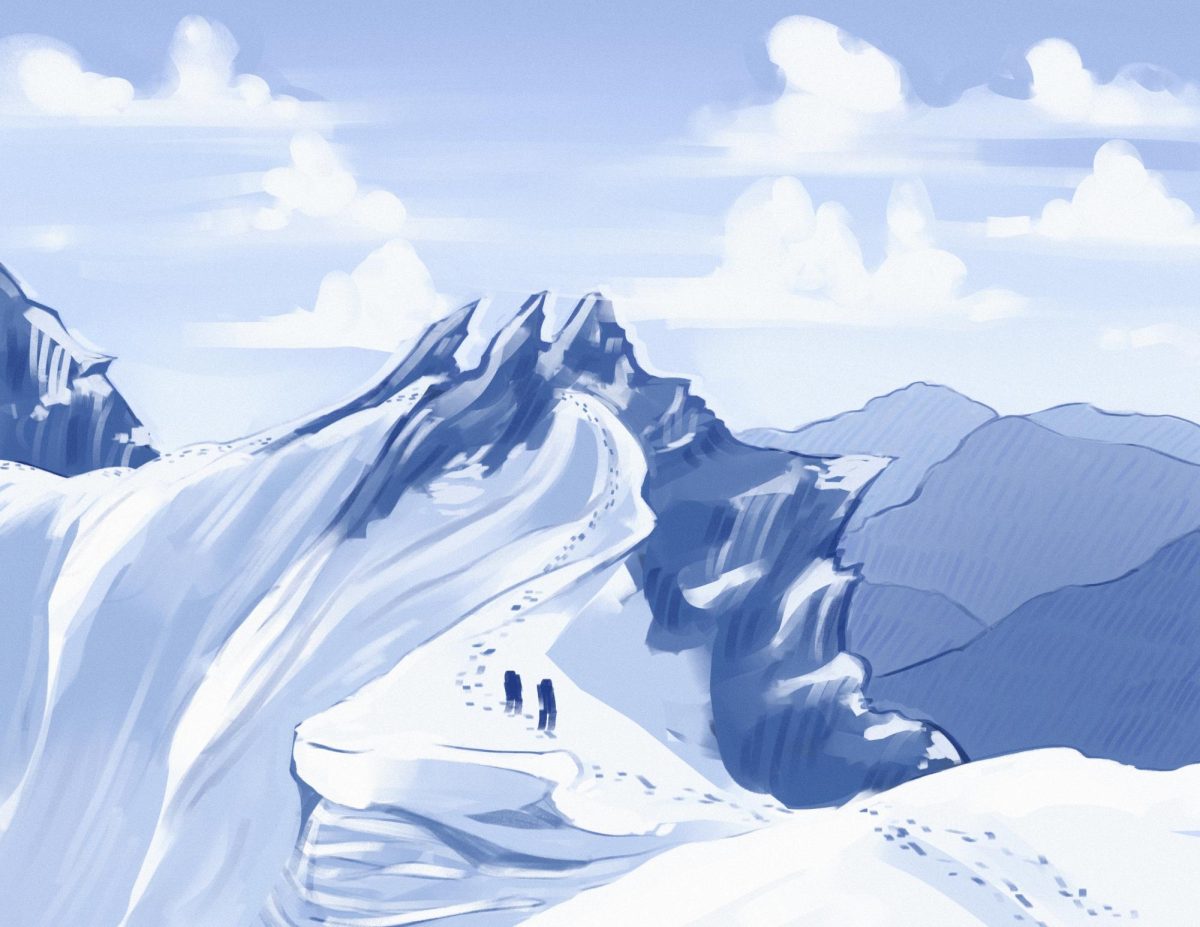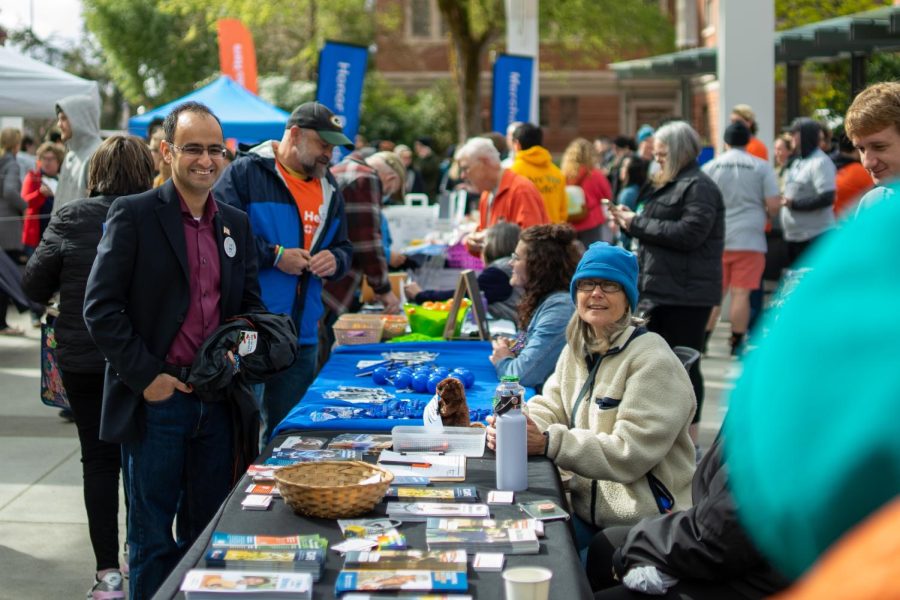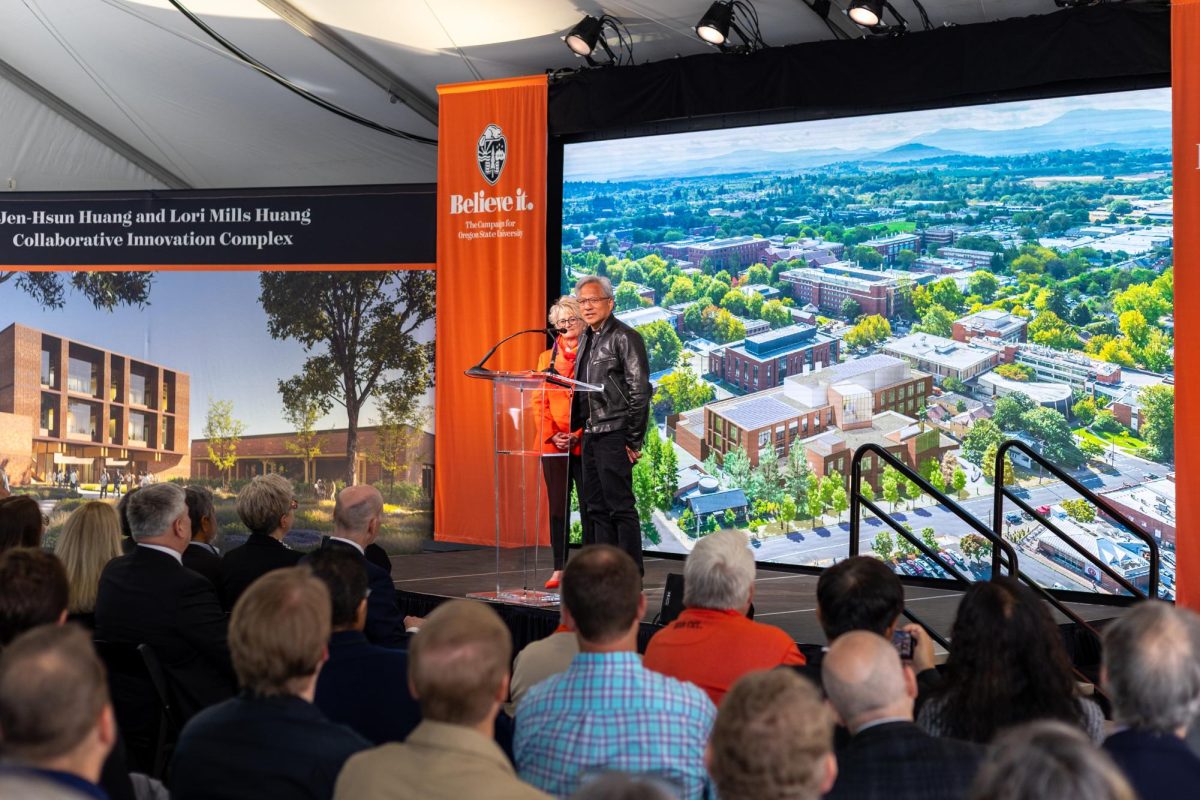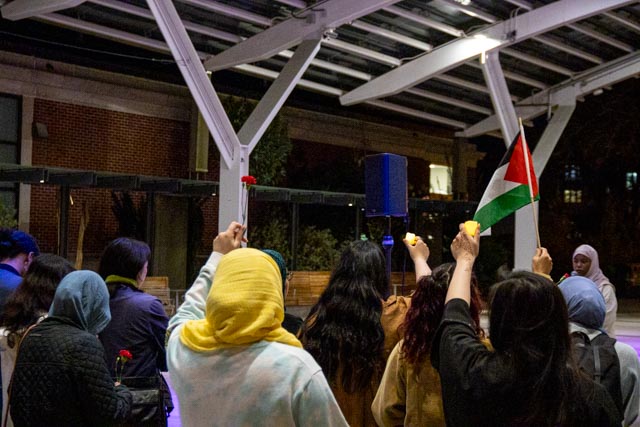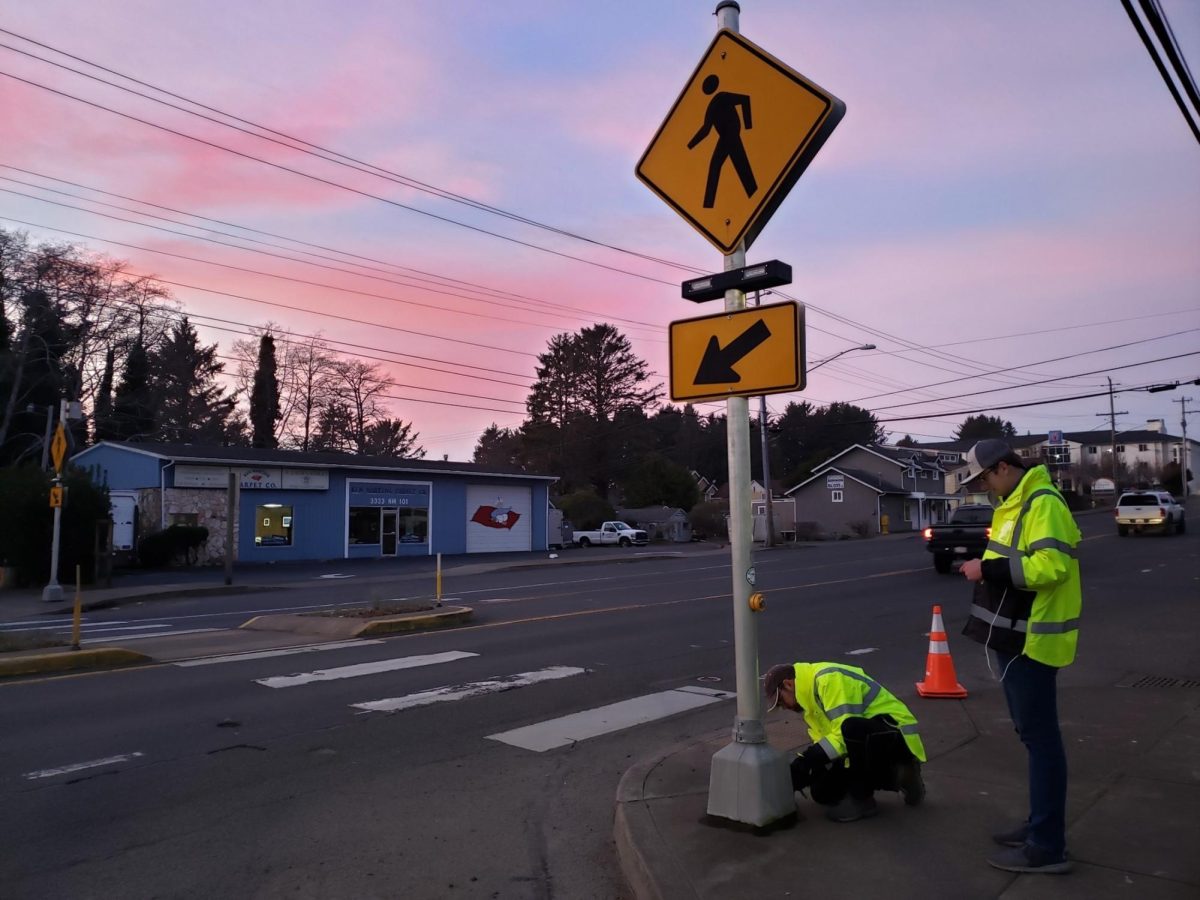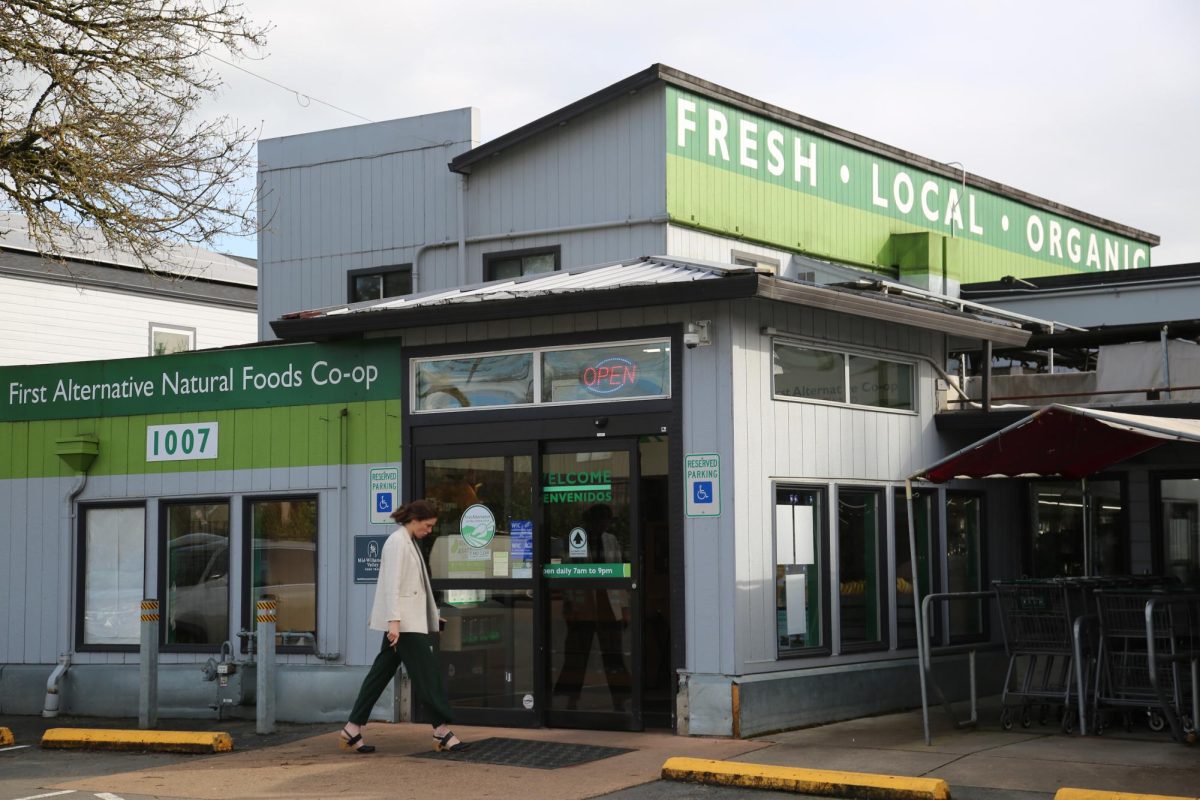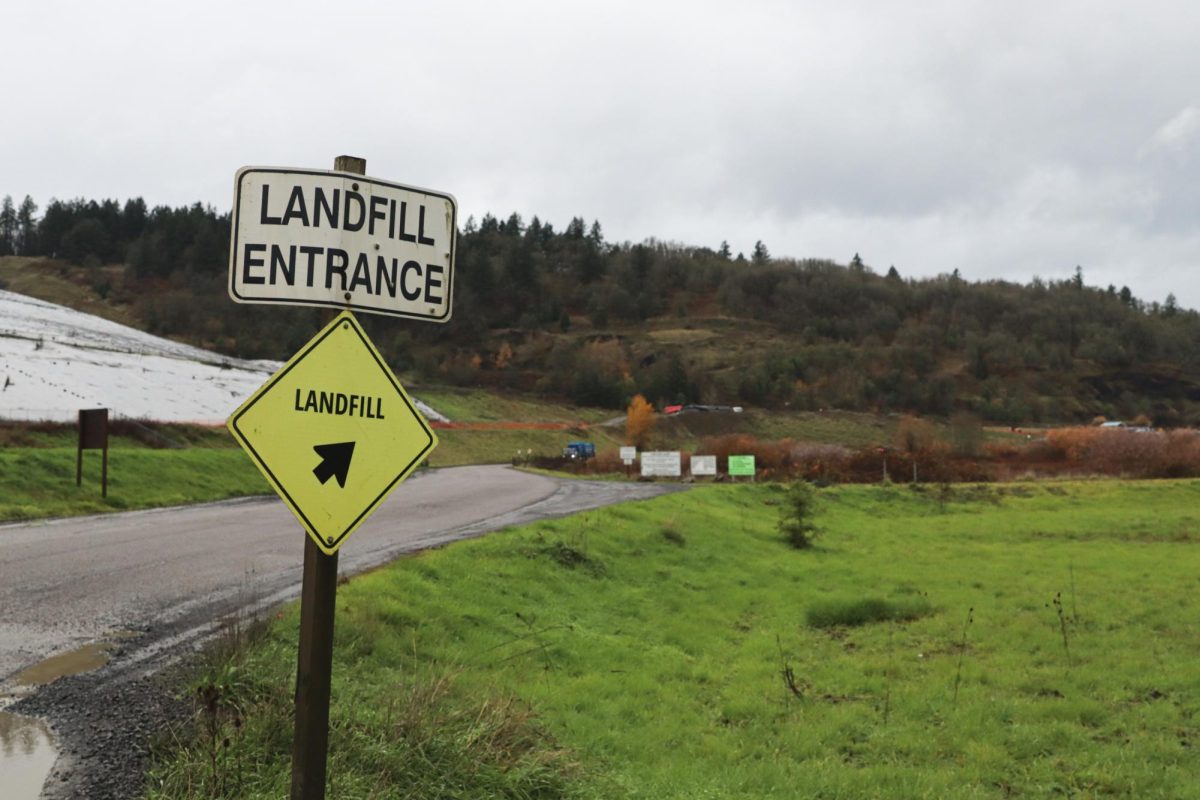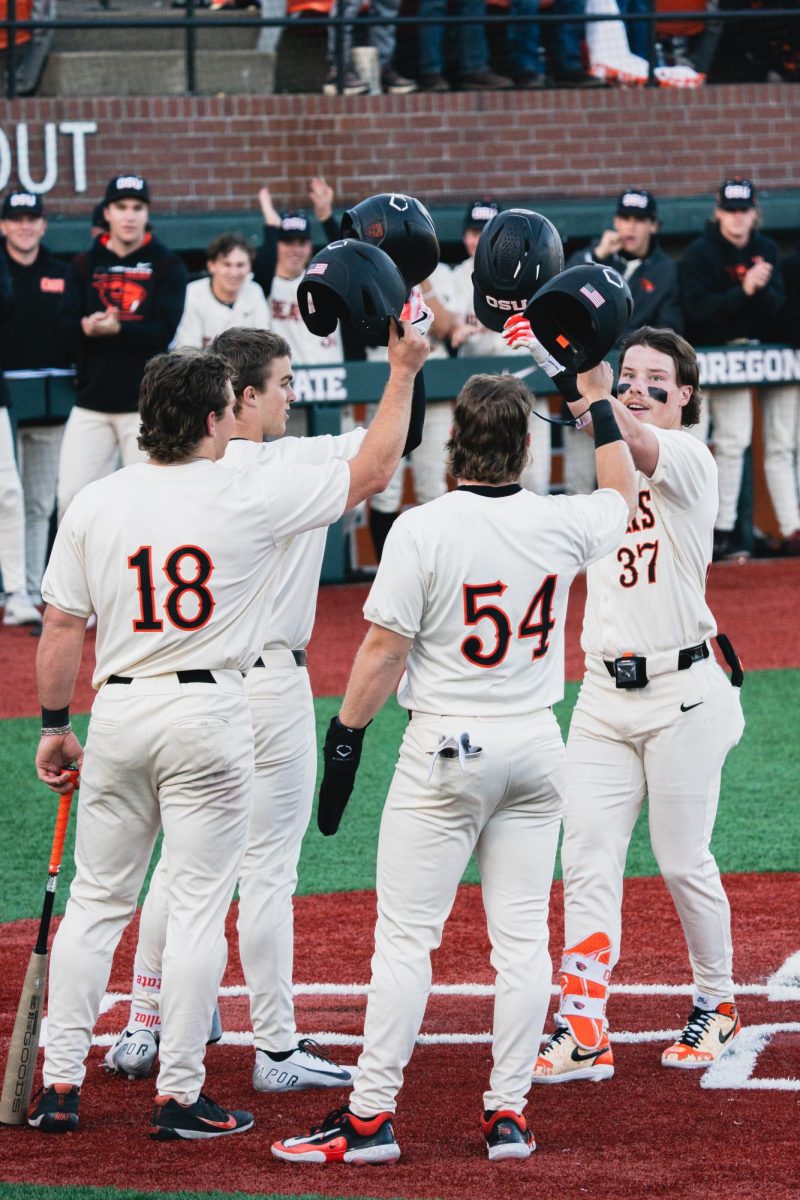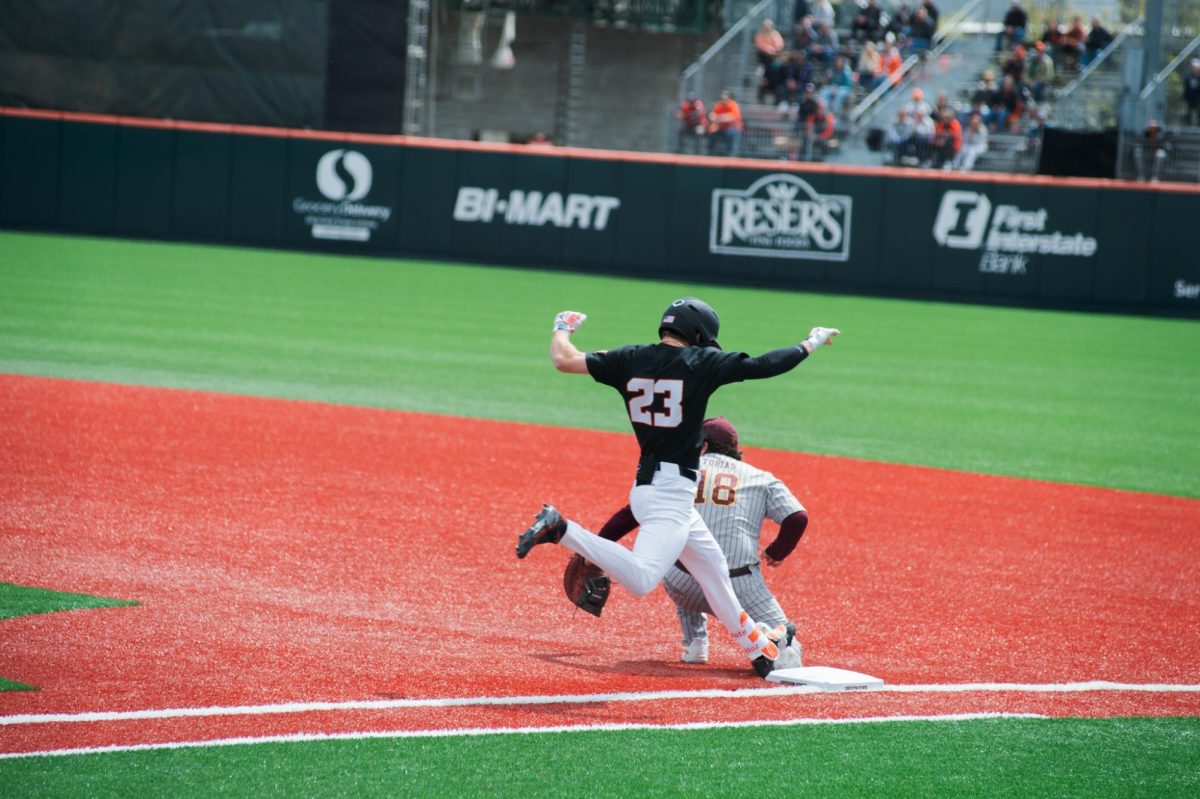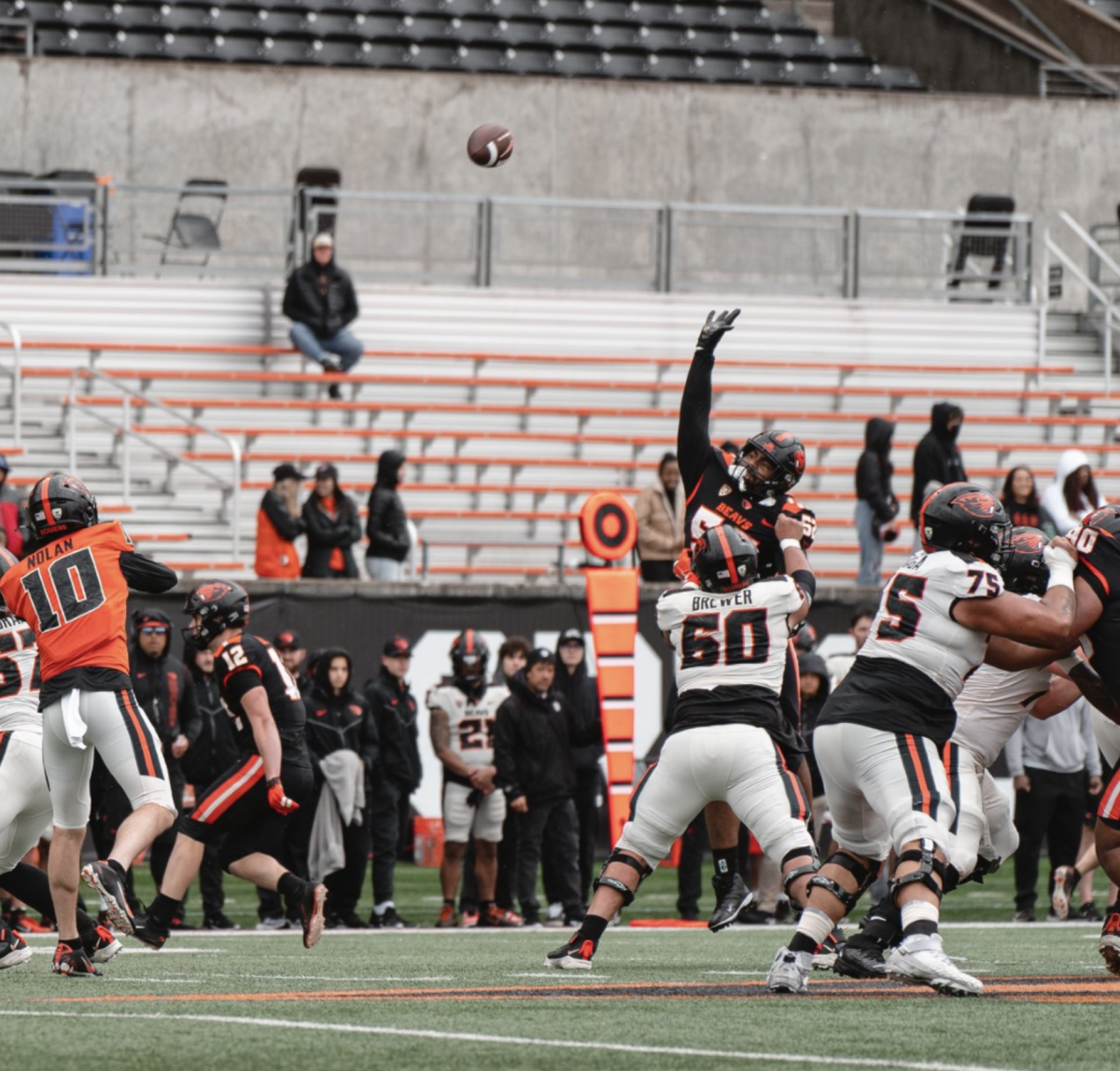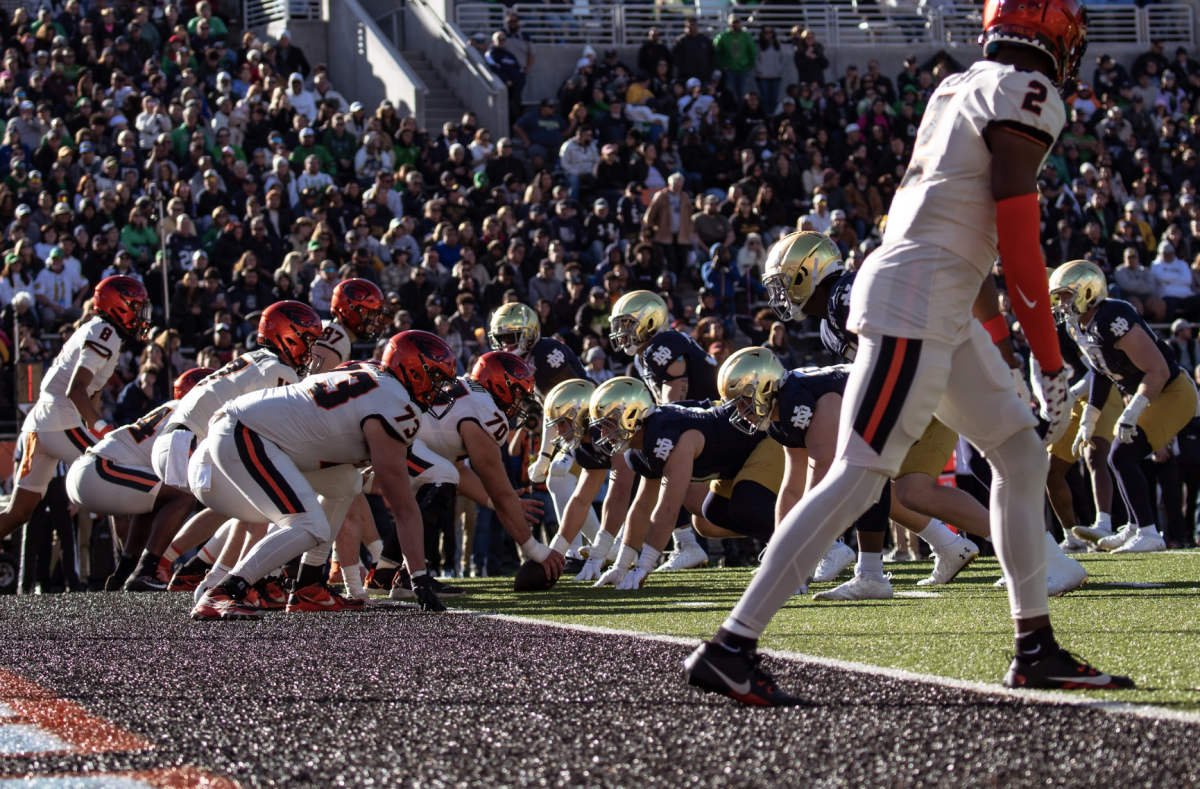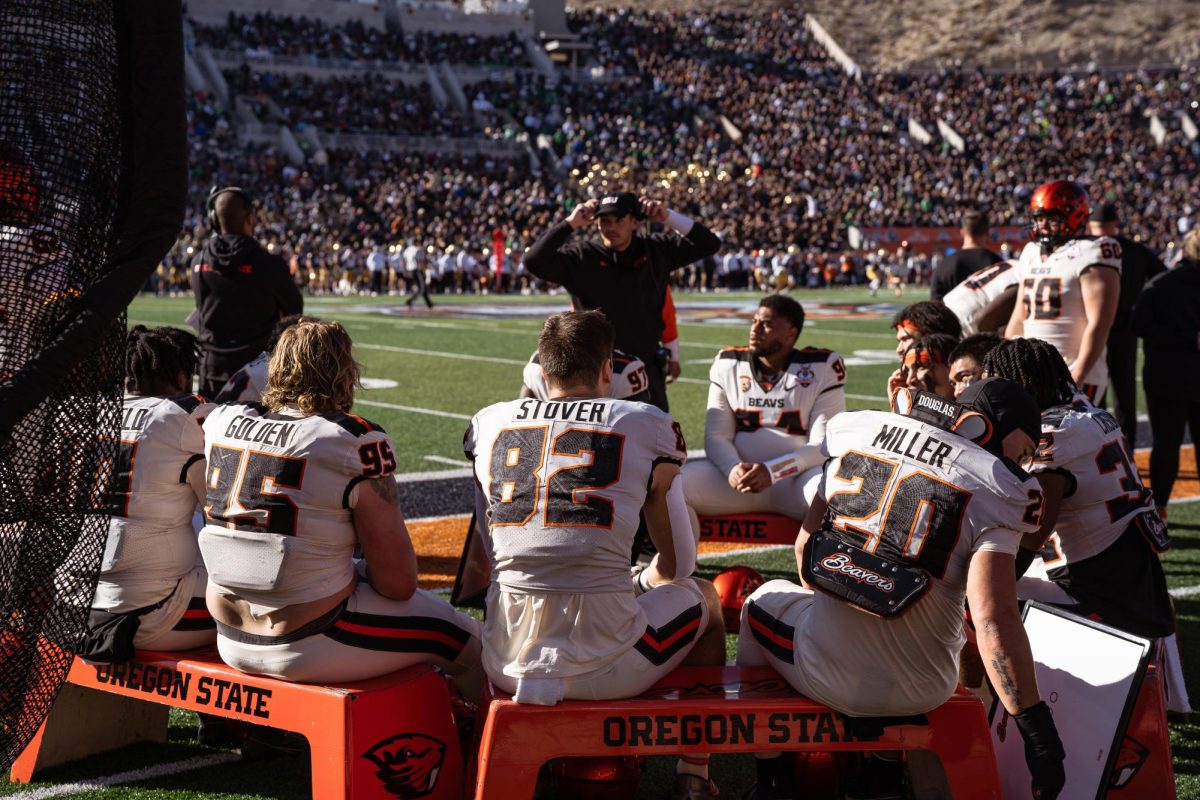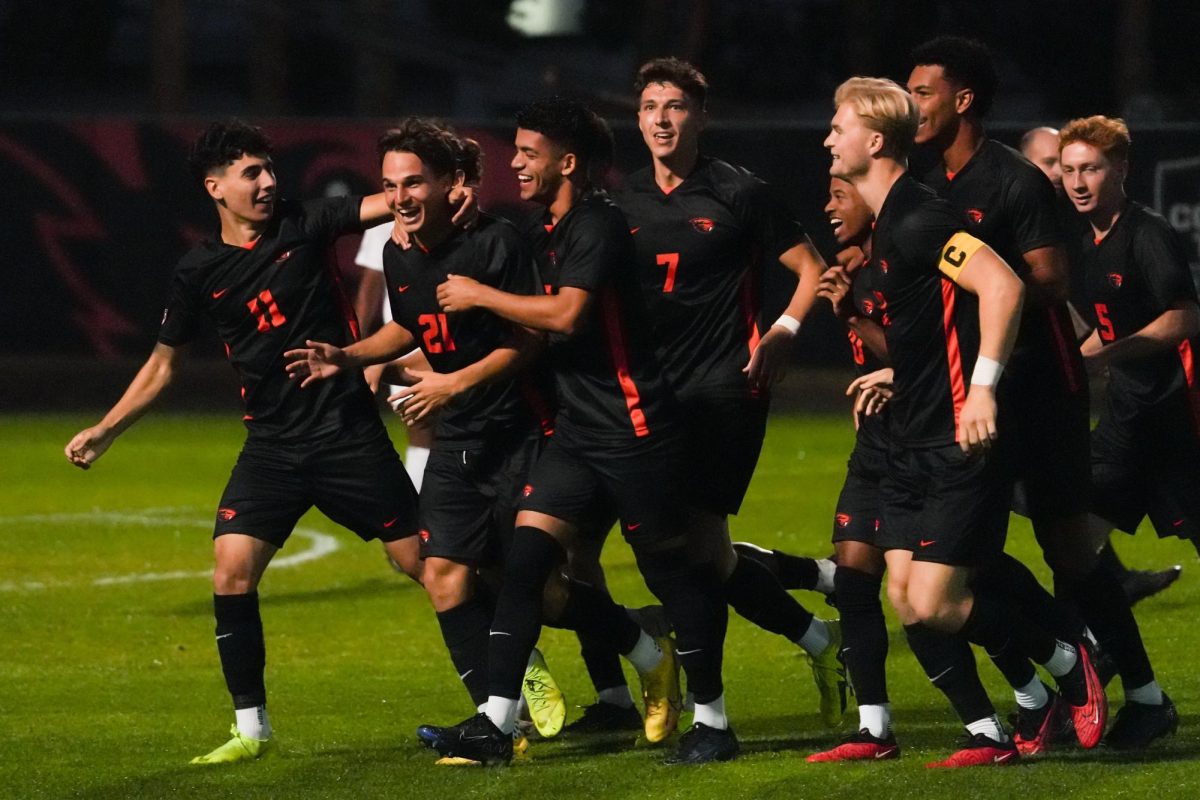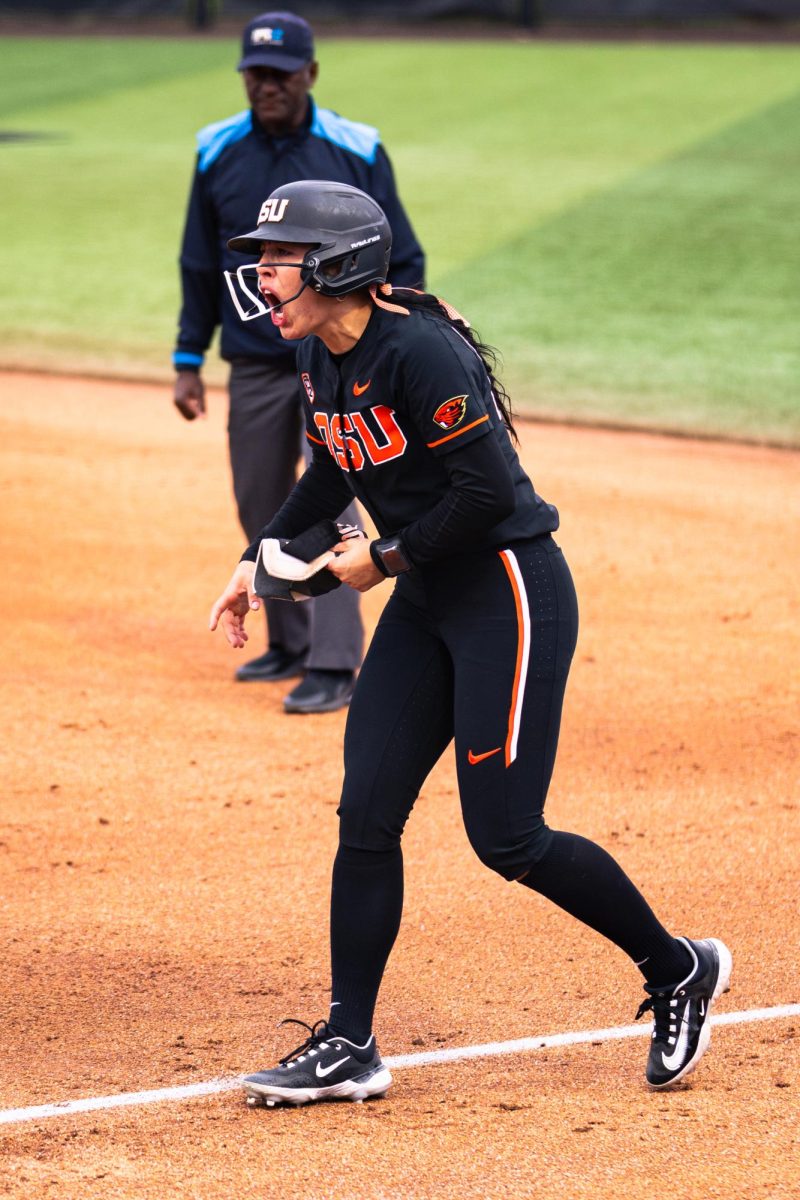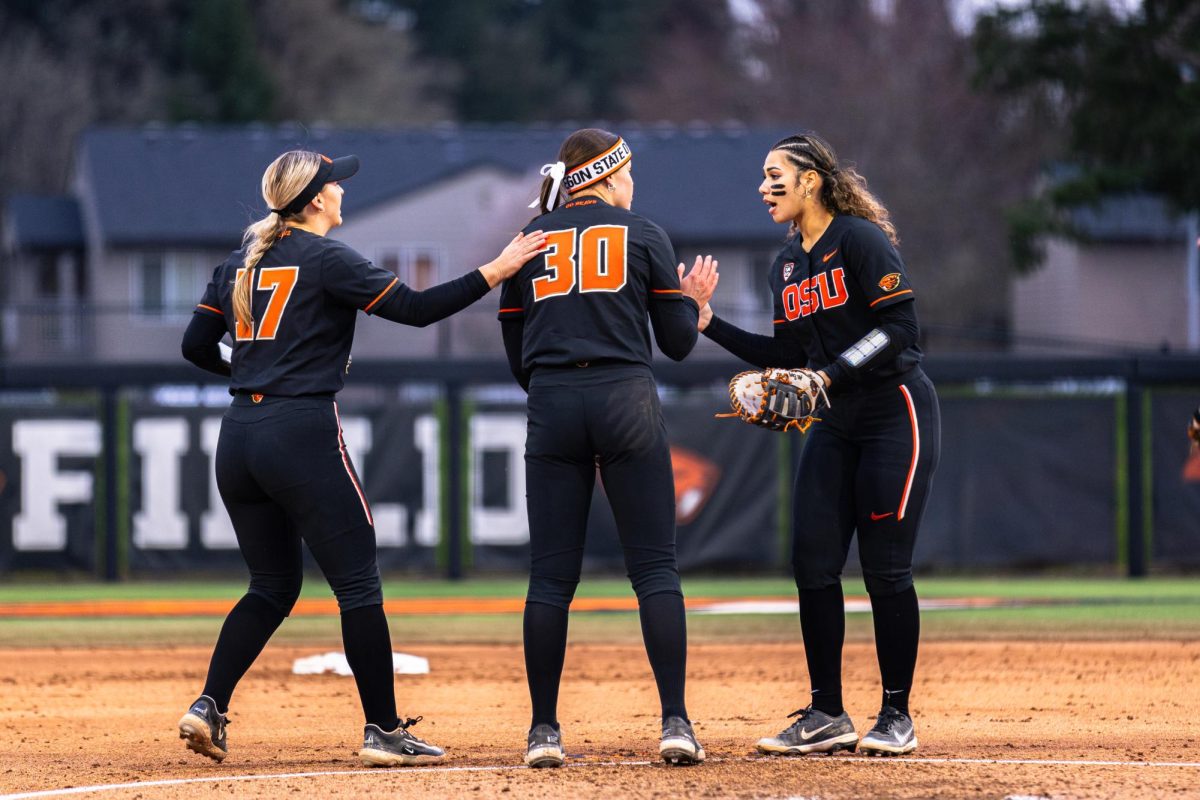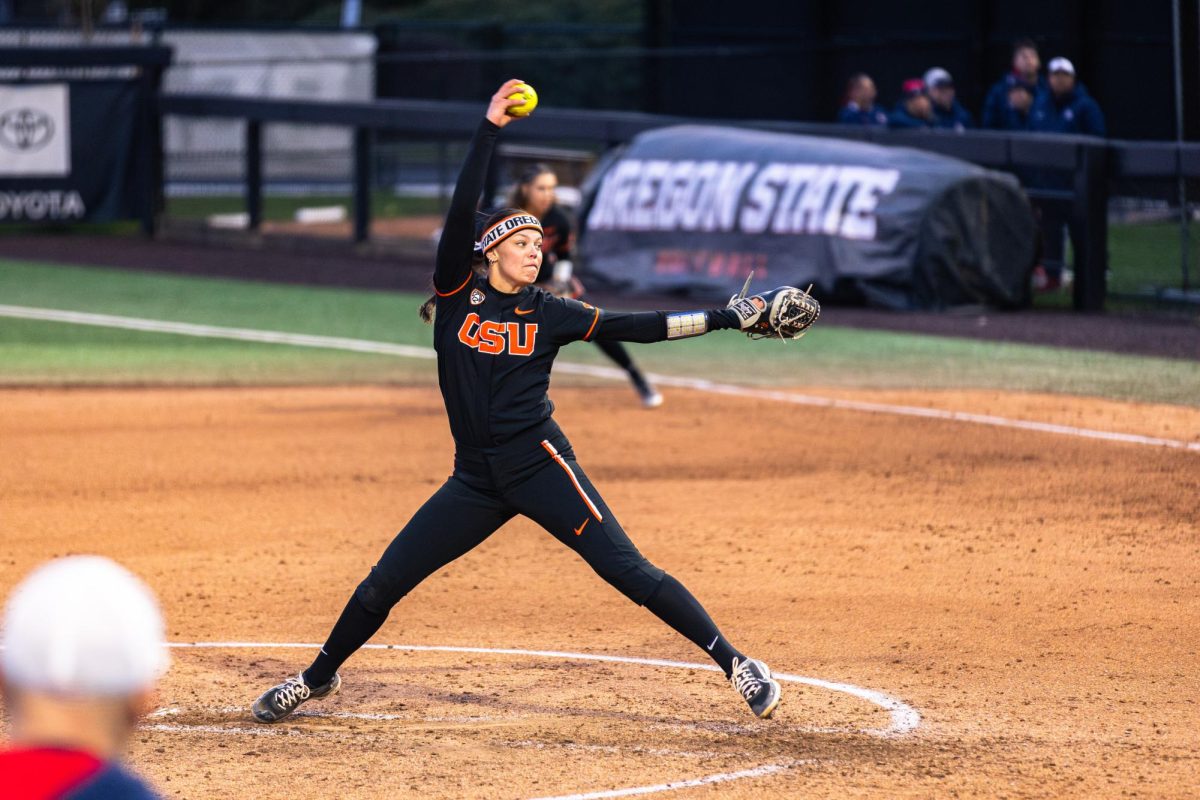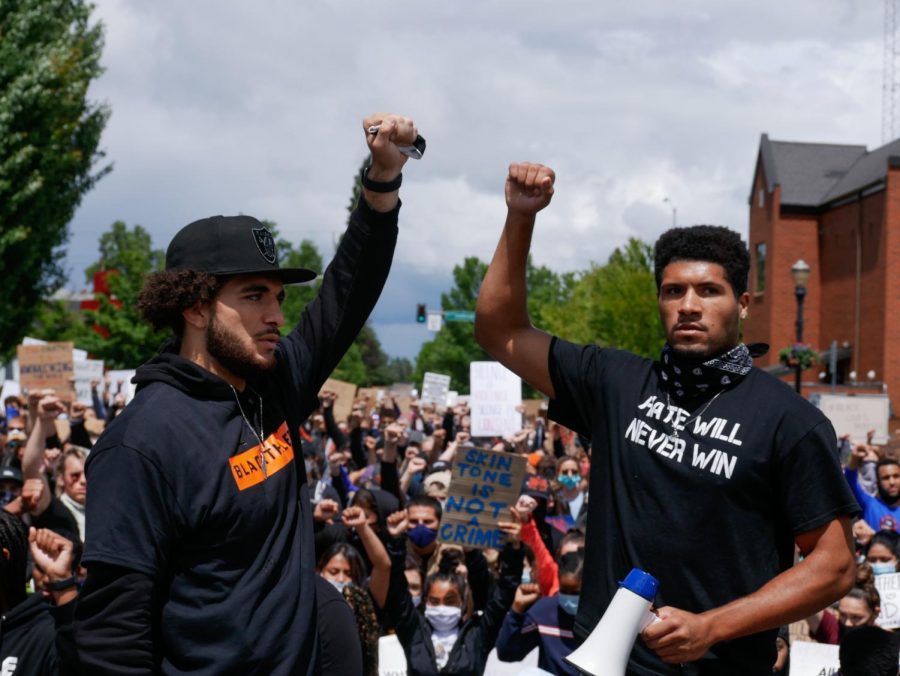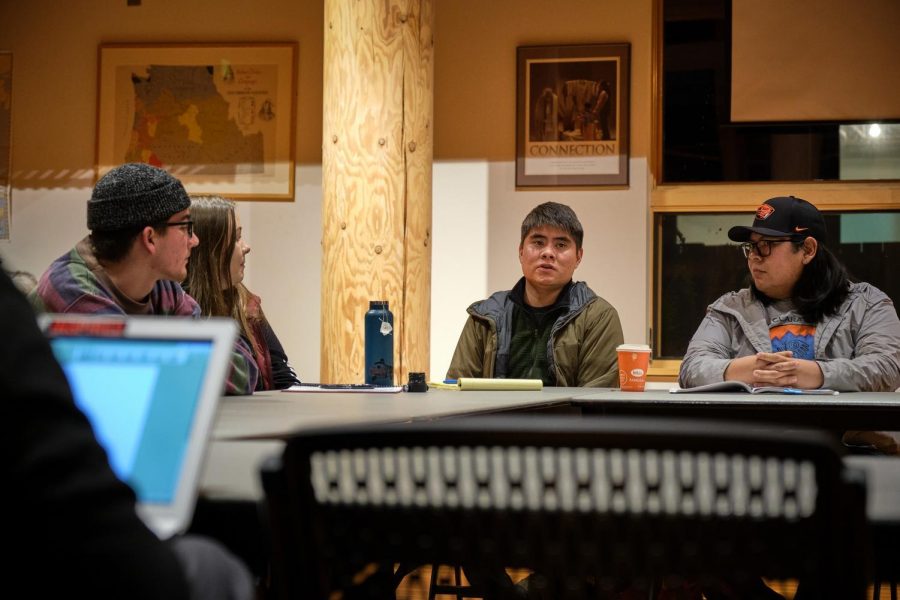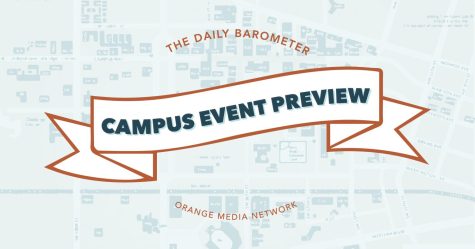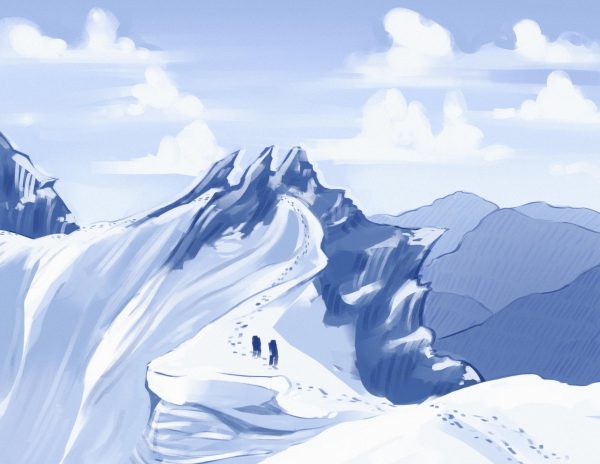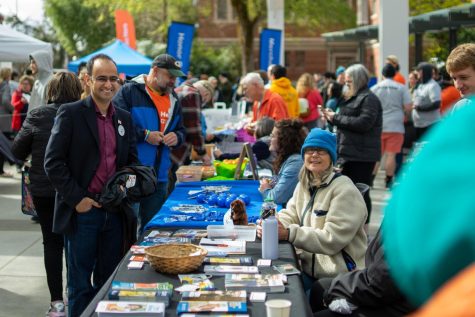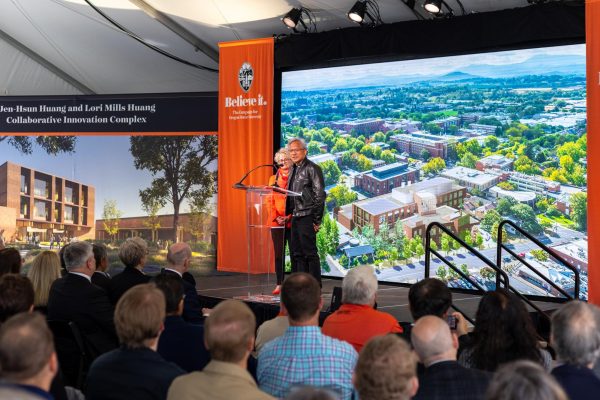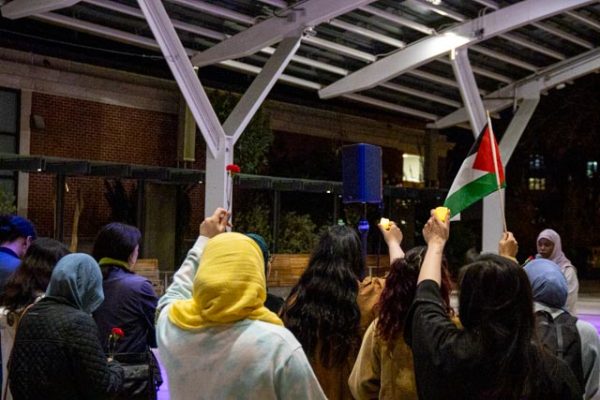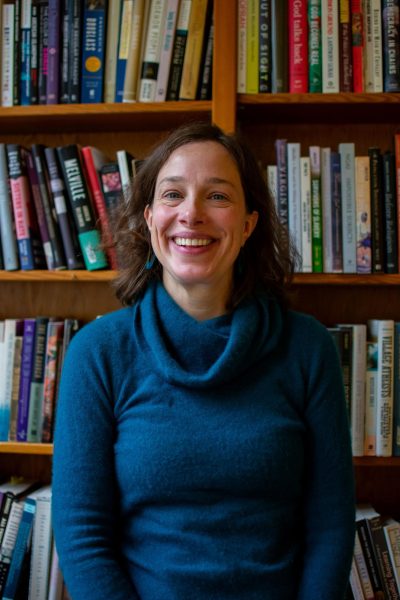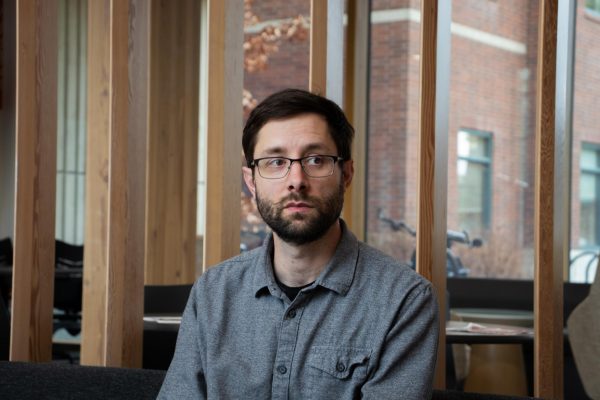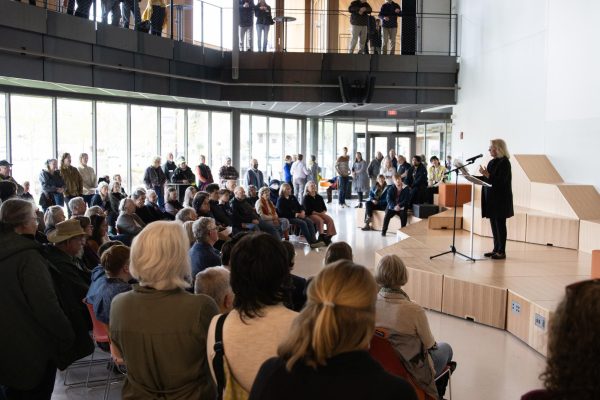Indigenous organizations open their arms to new members
February 17, 2020
The American Indian Science & Engineering Society, Cobell Scholars and the Traditional Ecological Knowledge Initiative are some of the new Indigenous organizations that are now available for OSU students.
In January of 2020, the American Indian Science & Engineering Society chapter, also known as AISES was formed with the contribution of students and faculty like Gerrad Jones, Ph.D. and Lara A. Jacobs, both active members of AISES, and NAL Eena Haws board member Andrew Martinez.
Gerrad Jones, Ph.D, is an assistant faculty member in the Department of Biological & Ecological Engineering, and Lara A. Jacobs is a Ph.D student in Forest Ecosystems and Society.
AISES chapter at OSU aims to nurture the building of community by bridging science and technology with traditional Native values, and train professionals to become technologically informed leaders within the Native community.
“This is a great opportunity to get involved in a student organization. We are looking for people to help us start a new chapter, and we need your time and talents,” Jones said via email. “There was an AISES chapter on campus, but the last time it was active was–10 years ago, so we aren’t building it from scratch.”
In the Fall term the director of scholarships for Indigenous Education, Incorporated, Bridget Neconie and other members of Cobell Scholars decided to try to build a community of support for current 17 Cobell Scholars, and provide tools for those that are preparing to apply for Cobell Scholarships.
The Cobell Scholars group is a non-formalized student-led organization to support current Cobell Scholars and those who need support with completing the application and essay requirements to apply for the Cobell Scholarships.
Cobell Scholars offers several scholarships like the Vocational Scholarship, Undergraduate and Post Baccalaureate Cobell Scholarship, Graduate Cobell Scholarship and Cobell Graduate Summer Research Fellowship.
Each Scholarship has different requirements and Cobell Scholars will provide support with completing the application and essay requirements to apply for the Cobell Scholarship to its members.
“I’m a first-year Cobell Scholar, and a large part of my costs of attendance are supported by Indigenous Education, Inc. through the Cobell Scholarship,” Jacobs said via email. “Last term, the Director of Scholarships for IEI, Bridget Neconie, came to OSU and brought OSU-based Cobell Scholars together with the help of the NAL Eena Haws. During this meeting, we decided to try to get Cobell Scholars together throughout the school year to build a community of support for one another. Cobell Scholars represent students at every degree level at OSU and some Ecampus students, too.”
The Traditional Ecological Knowledge organization is an organization that focuses on sharing Indigenous Knowledge relating to local ecosystems and land management. Traditional Ecological Knowledge is passed down through generations by oral histories and empirical observations but is also adapted to modern technologies and social dynamics, and its evolving and based on historical understandings of ecosystems.
OSU staff and students such as Chris Dunn, Ph.D, from the College of Forestry, Valerie Goodness, Ph.D, student at SUNY Buffalo State College in Buffalo, New York. have been pushing to create a TEK chapter at OSU. Goodness established the TEK Conferences at OSU 10 years ago, but the TEKI (Traditional Ecological Knowledge Initiative) is currently growing in the process of creating roles and a constitution, and welcome students interested in Indigenous knowledge relating to local ecosystems and land management.
“The TEK Initiative has helped me connect more with the Indigenous community at OSU. It brings together folks from across campus with similar interests and backgrounds,” Coral Avery, fifth-year Human Dimensions in Natural Resources student, said via email.
TEK Conference, one of the biggest events of TEK will take place on May 13 and 14, where speakers and participants from tribes and Native communities across Oregon and the greater Pacific Northwest will share their knowledge.
“I love the community and cultural aspects of TEK. This group is specifically about Indigenous ways of knowing, so having a community of students who are also interested in this topic is incredibly meaningful to me as a Native woman,” Jacobs said via email. “It shows me that a good number of students have an interest in supporting and recognizing the validity of Indigenous Knowledge Systems.”
The Traditional Ecological Knowledge group has close to 20 students as of today, and invites all students from Indigenous and non-Indigenous backgrounds to join their conferences. The group plans to continue pushing departments to increase their capacity to include TEK-related courses at the graduate level for researchers who would like to learn more about Indigenous science and ecology. This group will also support students’ understanding of decolonizing methodologies and how to incorporate alternative ways of knowing into Western science.
“This gives me hope that our numbers might keep growing to a point where our call for the creation of TEK classes will be addressed,” Jacobs said via email. “I also appreciate how involved the student group has become in organizing the upcoming TEK Conferences and I look forward to seeing how we evolve the conferences in the future. I also can’t wait to see what other types of projects and community organizing efforts we can create as the group’s capacity strengthens.”


